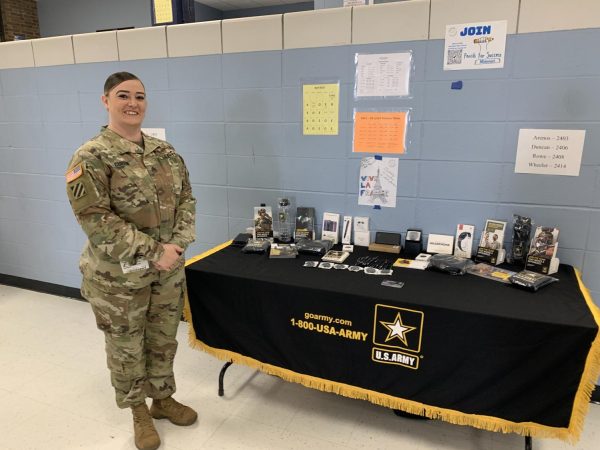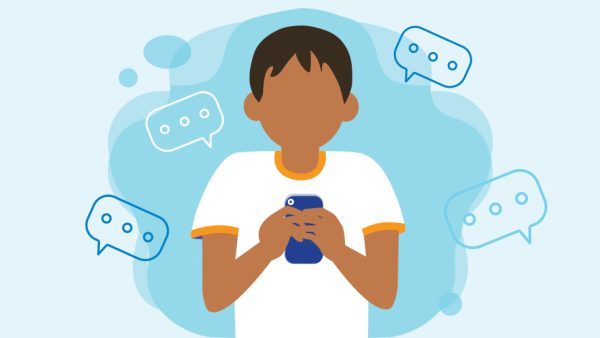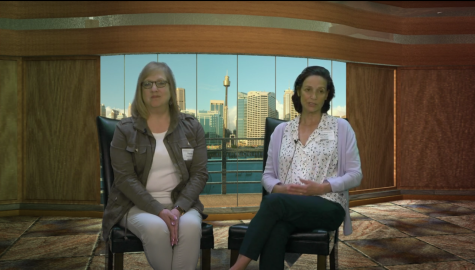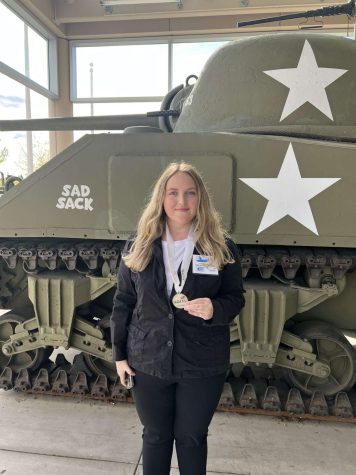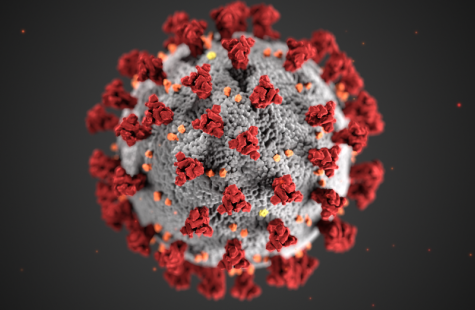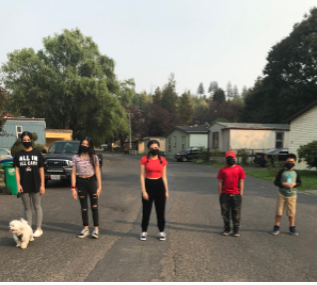Do Extracurriculars Affect Grades?
Many students attending North Clackamas Schools participate in extracurricular activities including sports, music, dance, and more. Statistics show that students who participate in extracurriculars may do better in school, showing that 30.6% of students with activities outside of school have a GPA above a 3.0, versus only 10.8% of other students. On the other hand, due to the time commitments involved with extracurriculars and school, some students may struggle to balance homework, extracurriculars, and a social life.
Jenna Stein, a sophomore at Milwaukie High School is a part of the soccer team, band, Sources of Strength, and the math club. She spends at least 10 hours a week on her extracurriculars. “They haven’t had too much effect on my grades,” she says, “I’ve been able to time manage and get things done.” Stein says that teachers have allowed her to make-up tests and classwork when she misses class for soccer. She also addressed the topic of extracurricular related stress, stating, “Towards the beginning of the year, it stressed me out a lot, but once I got things under control, it was fine. I just figured out a schedule to get all of my work done and do all of the things I want to do.”
Anna Wright, a junior at Clackamas High School, is a dancer at Classical Ballet Academy. She spends 15-20 hours a week at the dance studio. She thinks it has helped her learn time management skills and has improved her work ethic. “Sometimes it’s really stressful, but I love it, and it’s also a good way to relieve that stress and get it out of my system.” Wright adds that dance has helped her meet new people and have a broader group of friends. She feels that schools do not provide adequate help for students participating in extracurriculars outside of school, saying, “I feel like most teachers assume that if you do extracurriculars, it’s with the school, and it’s like, right after school. They don’t take into account the people that spend so much of their extra time doing things that are not related to school or through the school.”
Roberto Aguilar, a Milwaukie High School counselor, participated in many extracurriculars when he was in school. Spending time on soccer, wrestling, and tennis, he learned to use free time during school to get his work done and recommends that students in extracurriculars outside of school use commute time to their advantage. Aguilar says, “I wanted to get everything done in school, during school hours, because I didn’t want that stress of it afterwards.” He recommends that students take advantage of the before and after school help offered by teachers, elaborating, “We have after school Study Hall which is great. We have several teachers that prefer to meet in the mornings, which is more challenging for students, but there is great help.” Aguilar also suggests, “We have technology, Khan Academy and YouTube instructional videos, like, technology is not just for entertainment.” Though balancing school and extracurriculars can be difficult, Aguilar advises students to continue their extracurriculars despite the stress they may cause. “I think that routine and that schedule, actually is more helpful for students. It’s also great for your résumé because you’re team building, it shows dedication, it shows so many great character values that your transcript doesn’t show.”

